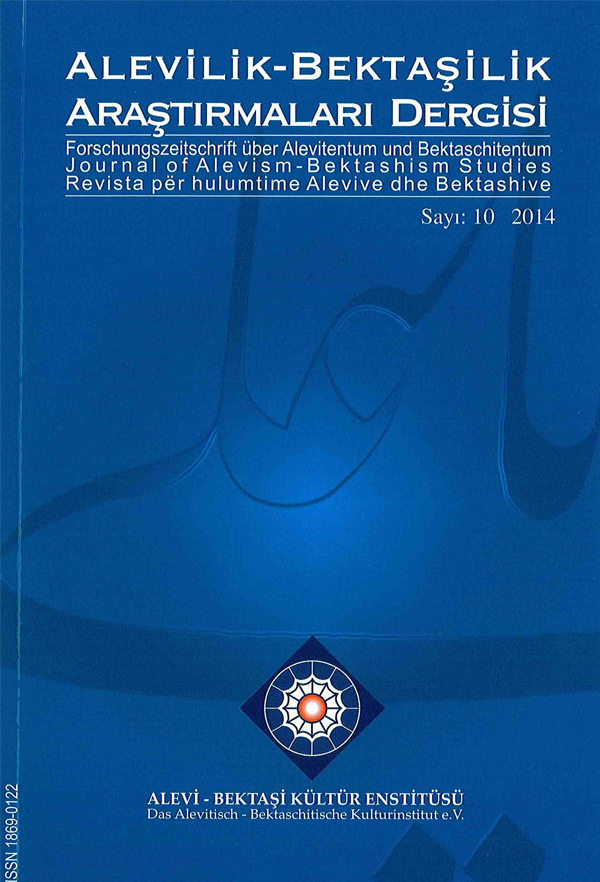Transnatıonal Communıtıes: Alevı Immıgrants In Europe
DOI:
https://doi.org/10.24082/abked.2014.10.005Keywords:
Transnational Community, Migration, Identity, Alevi Immigrants in EuropeAbstract
There is no doubt about the fact that Europe has become home for many different immigrant groups, cultures and religions. Even though, Islam, under the name of Muslim immigrants, has been placed in the contradiction of Europe, the Euro-Islam identity cannot be ignored as a part of European culture. In fact the total Muslim population, including immigrant and native born, in Western Europe is about 20 million of the EU’s 500 million residents. Islam as a world religion does not share the same cultural traits among itself and Muslim people are not identical to their practices in being Muslims. In fact, “heterodox” Islamic groups in the world have different rituals and faiths from “orthodox” Islamic groups and they also define themselves in the framework of Islam. The current paper centers on Alevism as one of the heterodox belief system in Islam. Although the Alevi as a religious and cultural community settled mainly in Turkey, they can be defined as a transnational community due to the result of increasing international migration. Consequently, the aim of this paper is to explore the position of Alevi community as a heterodox Islamic group in recent European culture and the effects of European culture on Alevi identity.
Downloads
Downloads
Published
How to Cite
Issue
Section
License
Copyright (c) 2014 Journal of Alevism-Bektashism Studies

This work is licensed under a Creative Commons Attribution-NonCommercial-NoDerivatives 4.0 International License.








